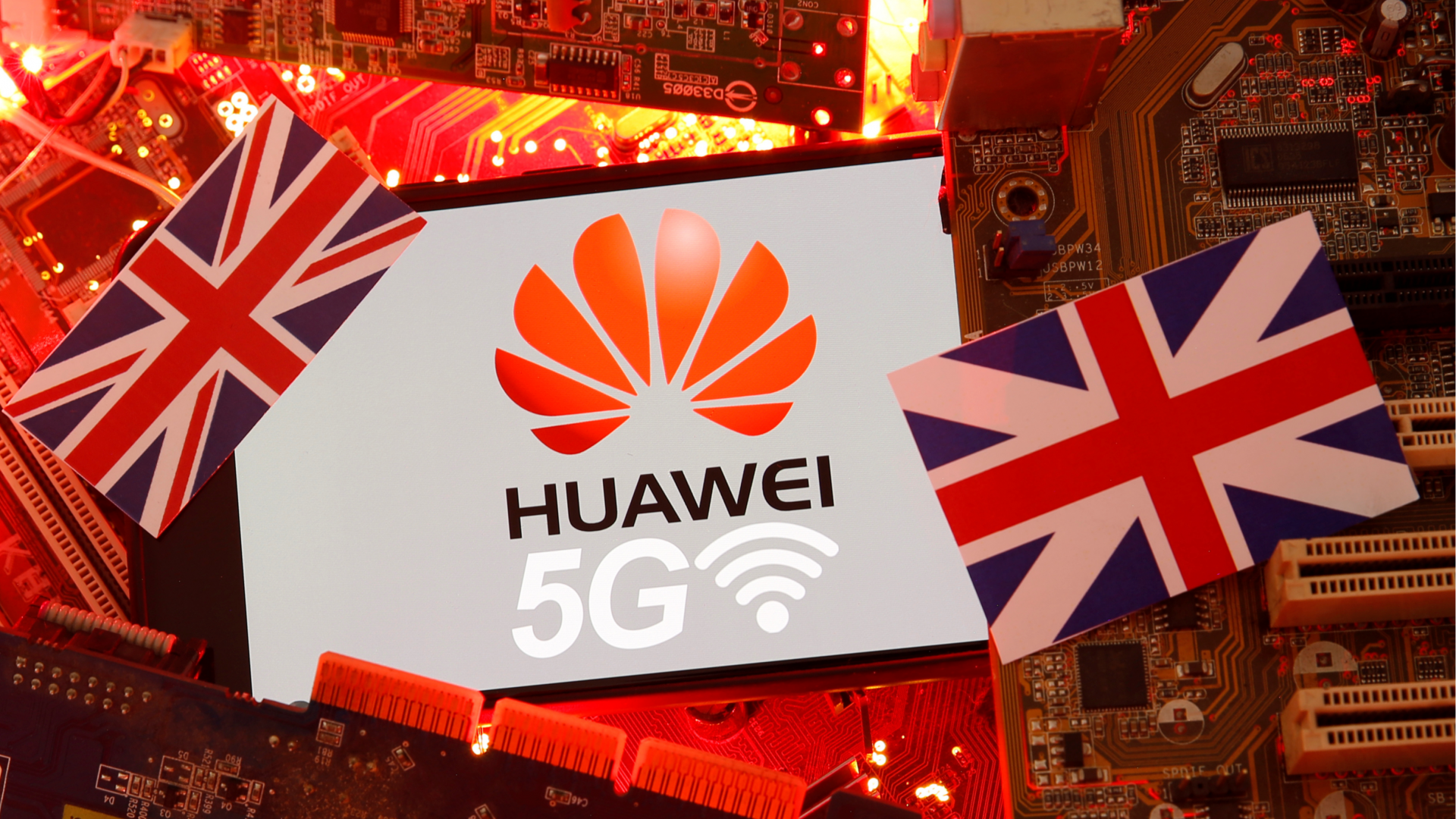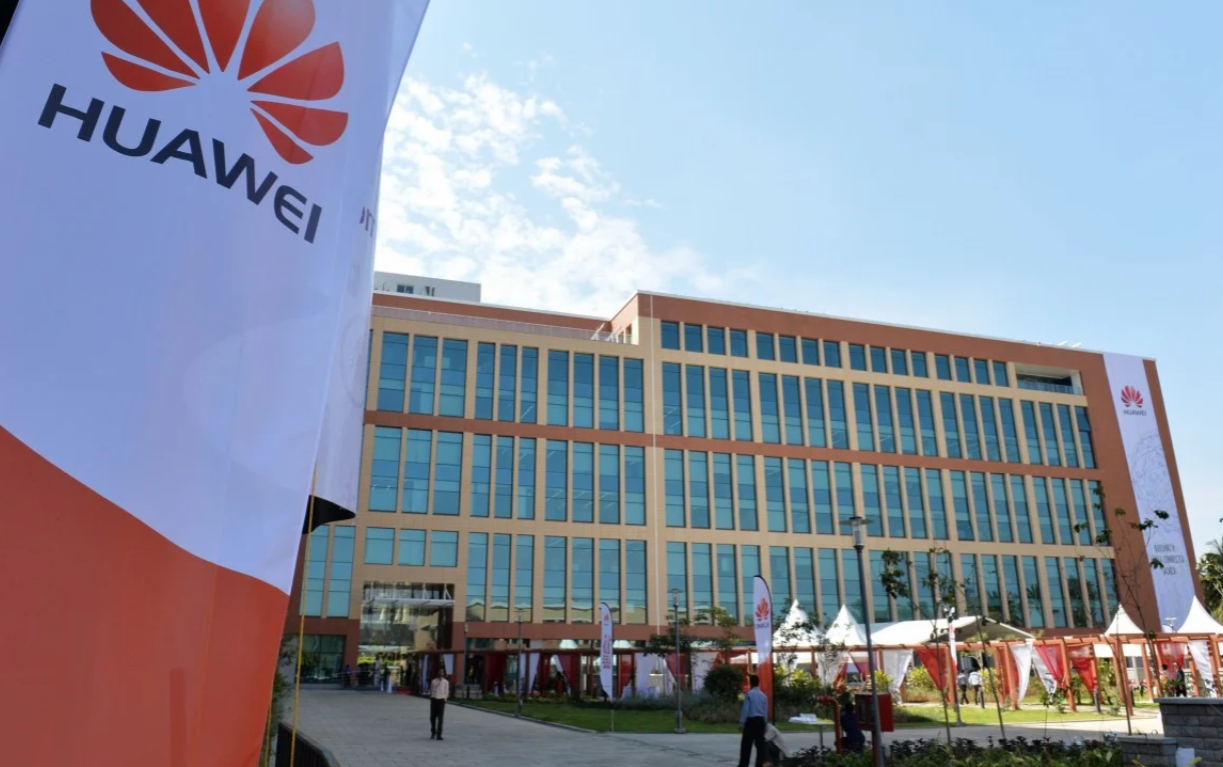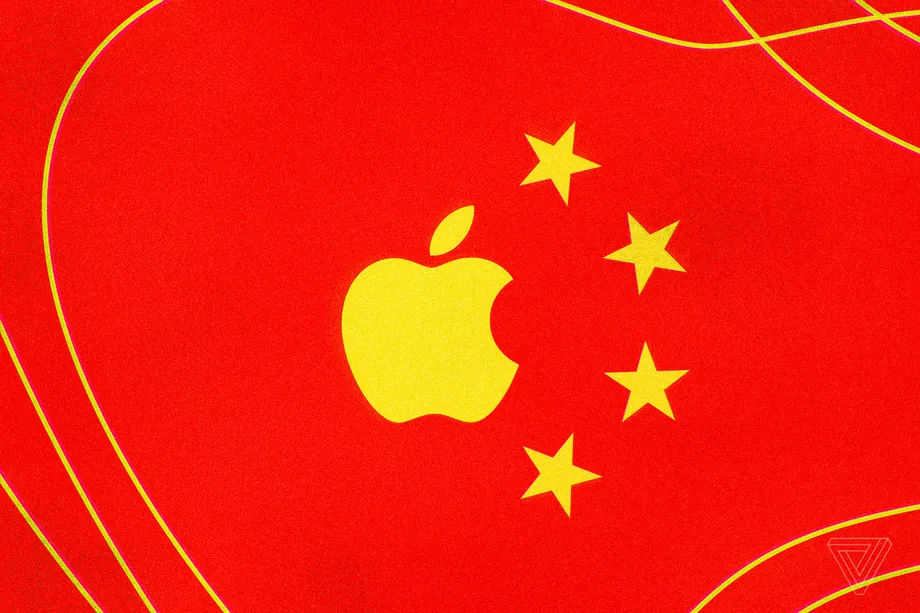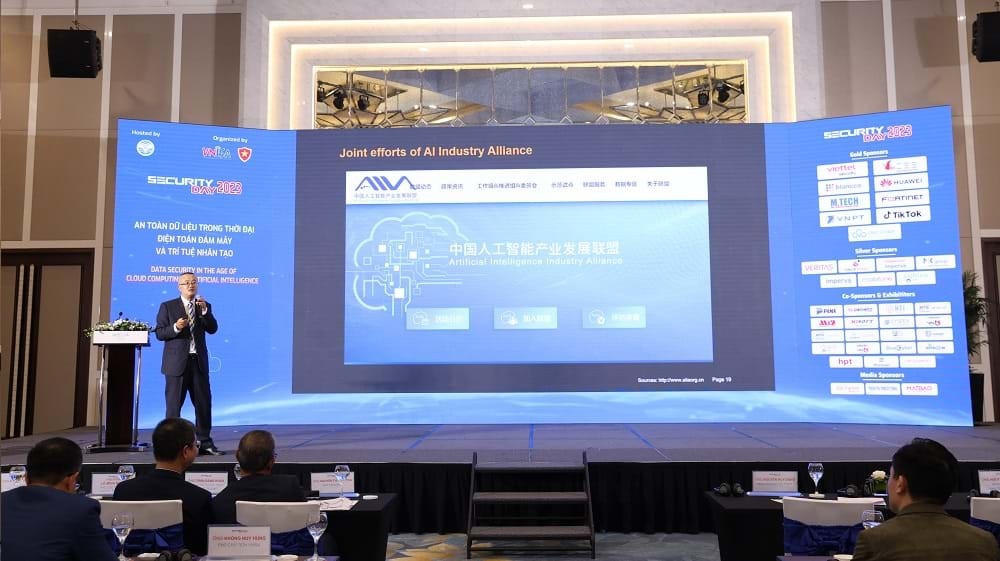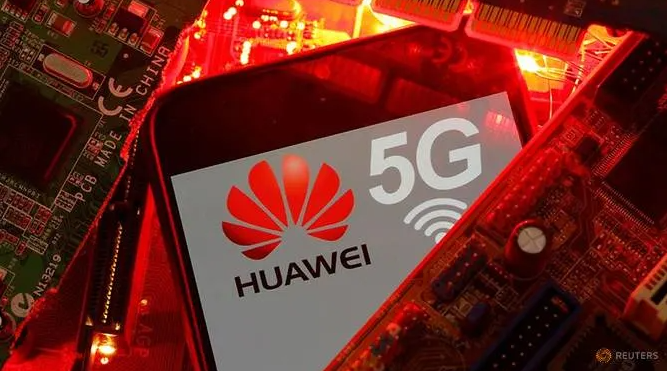Five Chinese companies pose threat to U.S. national security, said FCC
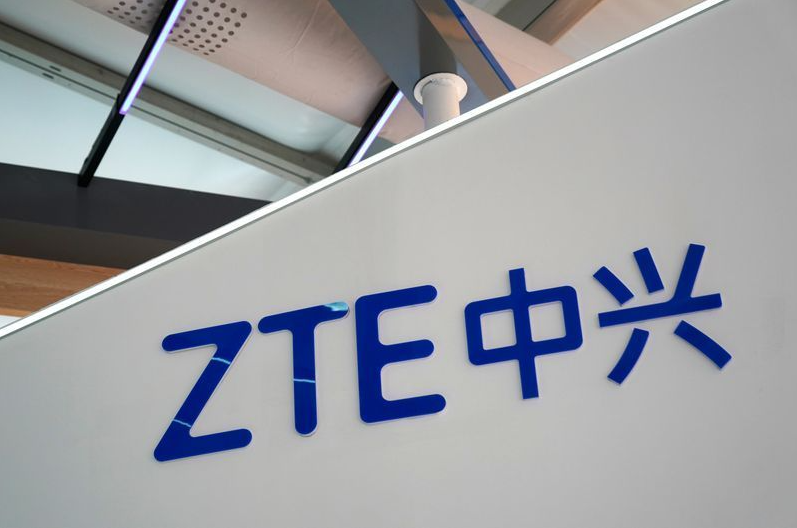 |
| Photo: Yahoo News |
The FCC said the companies included Huawei Technologies Co, ZTE Corp, Hytera Communications Corp, Hangzhou Hikvision Digital Technology Co, and Dahua Technology Co. A 2019 law requires the FCC to identify companies producing telecommunications equipment and services “that have been found to pose an unacceptable risk to U.S. national security.”
Acting FCC Chairwoman Jessica Rosenworcel said in a statement: “This list provides meaningful guidance that will ensure that as next-generation networks are built across the country, they do not repeat the mistakes of the past or use equipment or services that will pose a threat to U.S. national security or the security and safety of Americans,” Reuters cited. Friday’s action marked a “big step toward restoring trust in our communications networks,” said FCC acting chief Jessica Rosenworcel, adding that Americans had grown increasingly reliant on networks to work, learn and access healthcare.
The 2019 law used criteria from a defense authorization bill that previously identified the five Chinese companies. In August 2020, the U.S. government issued regulations barring agencies from buying goods or services from any of the five Chinese companies.
 |
| Photo: Canberra |
Announcing the designation, the Federal Communications Commission (FCC) said that telecommunications products and services provided by the companies posed “an unacceptable risk to US national security or the security and safety of US persons.” Such designations, which will extend to subsidiaries and affiliates of the targeted entities, are required under the Secure and Trusted Communications Networks Act of 2019, reported by South China Morning Post.
Friday’s designation came atop a number of moves Washington made against Huawei during the Trump administration, including banning US firms from using the company’s technology to build wireless networks and placing the company on an entity list that prevents it from procuring US technology without government approval.
 |
| Acting FCC Chairwoman Jessica Rosenworcel. (Photo: NTD) |
In 2019, the United States placed Huawei, Hikvision, and other firms on its economic blacklist. Last year, the FCC designated Huawei and ZTE as a national security threat to communications networks – a declaration barring U.S. firms from tapping an $8.3 billion government fund to purchase equipment from the companies. Huawei has repeatedly denied the allegation. The company then challenged the declaration in a petition filed with the Fifth U.S. Circuit Court of Appeals. Huawei declined to comment on Friday on the new FCC designation, said Financial Post.
Hikvision said late on Friday it strongly opposed the FCC decision “and is weighing all options on how to best address this unsubstantiated designation. Hikvision does not belong on a list for next-generation networks.”
The other three companies did not comment or could not be reached for comment.
The FCC in December finalized rules requiring carriers with ZTE or Huawei equipment to "rip and replace" that equipment. It created a reimbursement program for that effort, and U.S. lawmakers in December approved $1.9 billion to fund the program, according to US News.
 | Message behind Australia’s appeal to WTO over China’s barley tariffs Australia’s appeal to the World Trade Organisation (WTO) over China’s barley tariffs was intended to send a message that the latter would not use economy-trade ... |
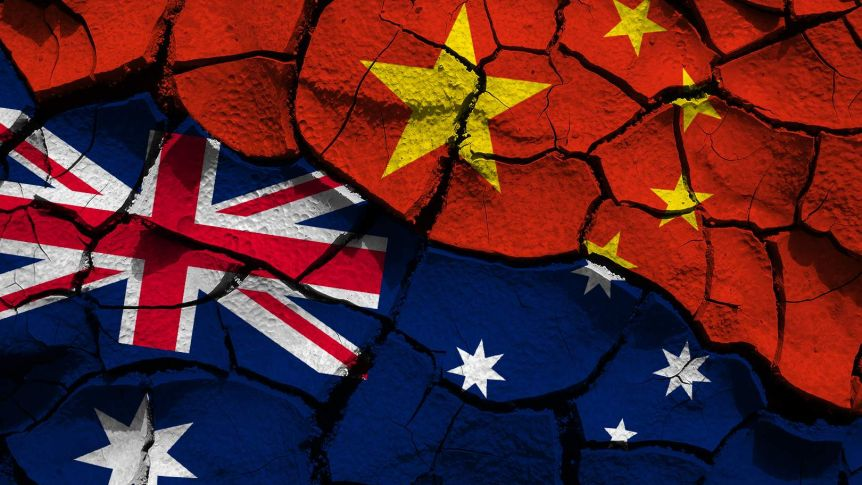 | China blames Australia for trade spat, citing grievances from Huawei to Taiwan China has rejected Australia’s claim that the “ball is in its court” regarding resolution of their escalating trade dispute, providing a long list of alleged ... |
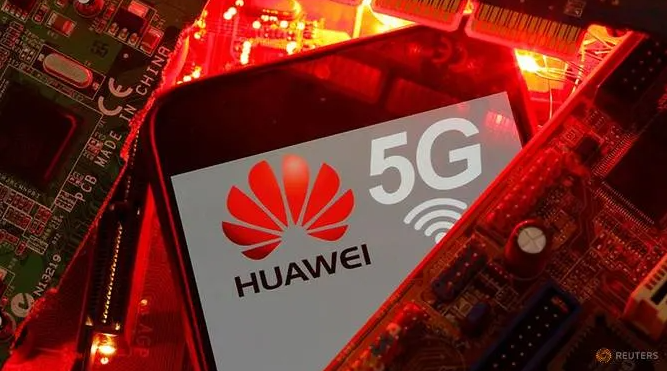 | Sweden bans Chinese firms Huawei and ZTE from 5G networks Sweden has banned telecoms equipment from Huawei and ZTE in its 5G network, joining other European nations that have restricted the role of Chinese suppliers ... |
Recommended
 World
World
"Will continue offering our full support to Indian govt": US FBI Director after Pahalgam attack
 World
World
"Great Leader": JD Vance Lauds PM Modi During His India Visit
 World
World
Trump’s Tariff Pause: A Strategic Move from “The Art of the Deal”?
 World
World
"Indian Navy's participation in AIKEYME exercise matter of great happiness": Admiral Dinesh Kumar Tripathi
Popular article
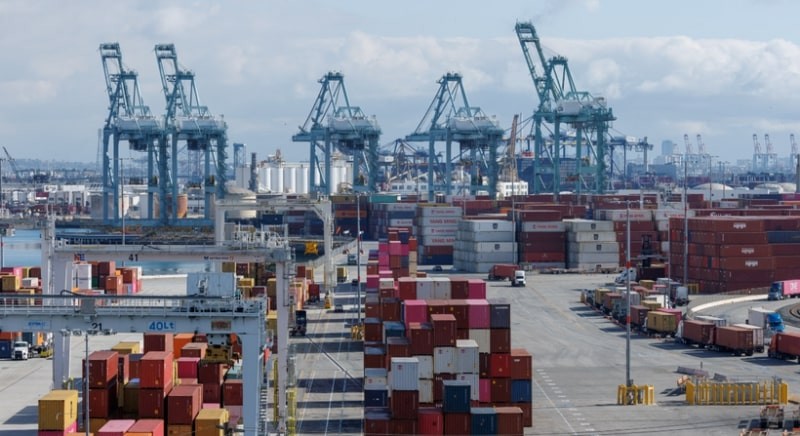 World
World
ASEAN and US Tariff Dilemma: Hybrid Approach to Global Trade Tensions
 World
World
Vietnam Affirms Its Active and Responsible Role at UNESCO
 World
World
US Imposes 125% Tariff on China, Pauses Tariffs for 90 Days on Over 75 Countries
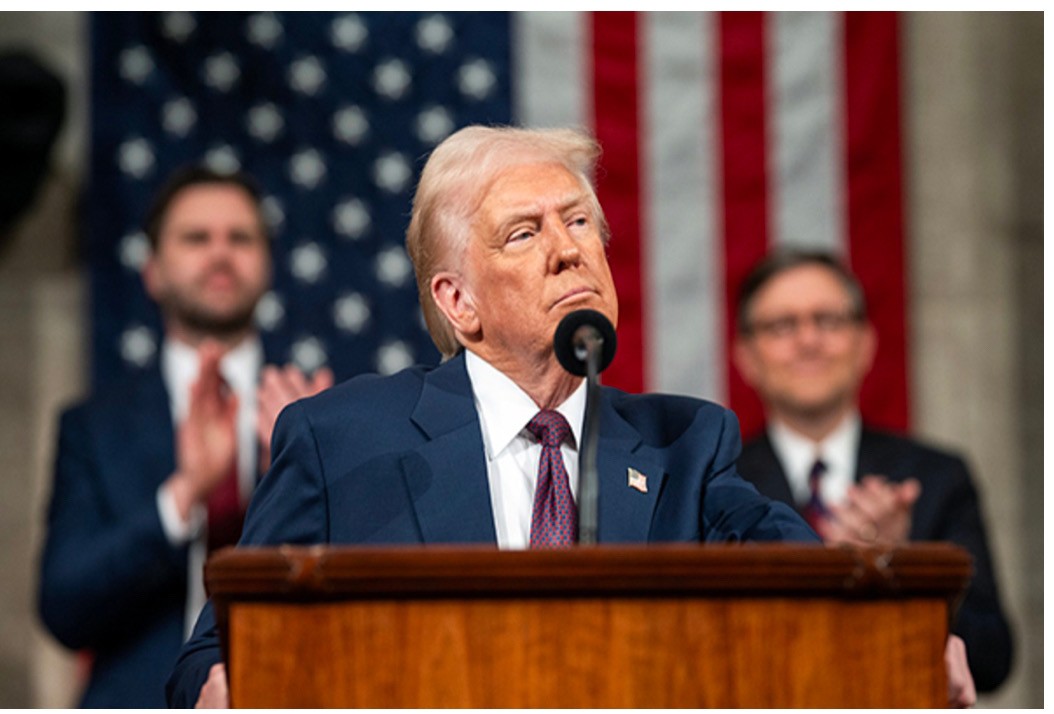 World
World

